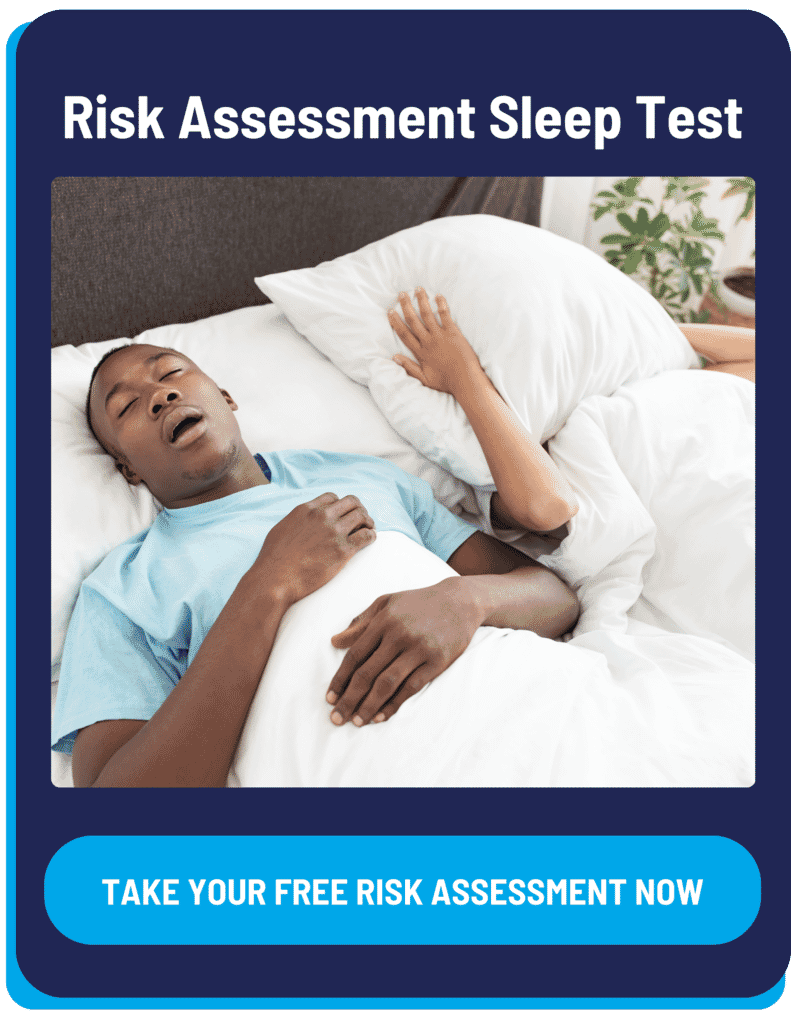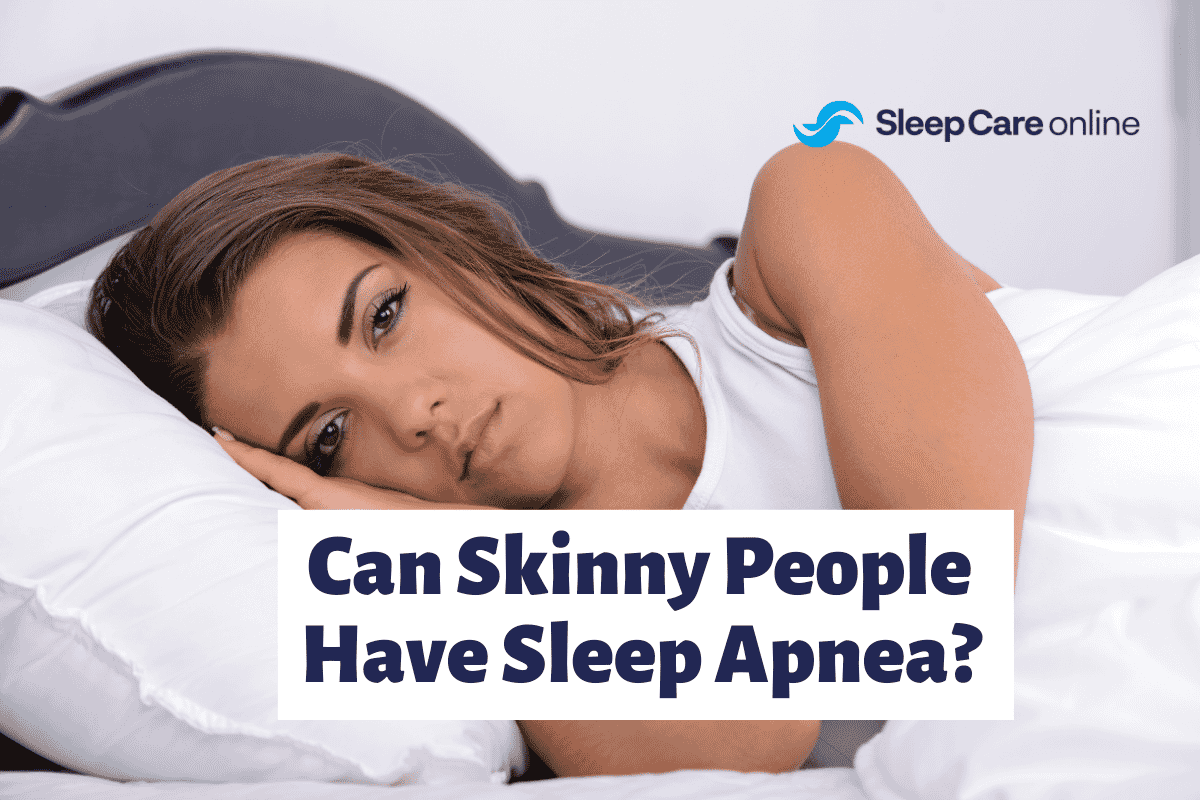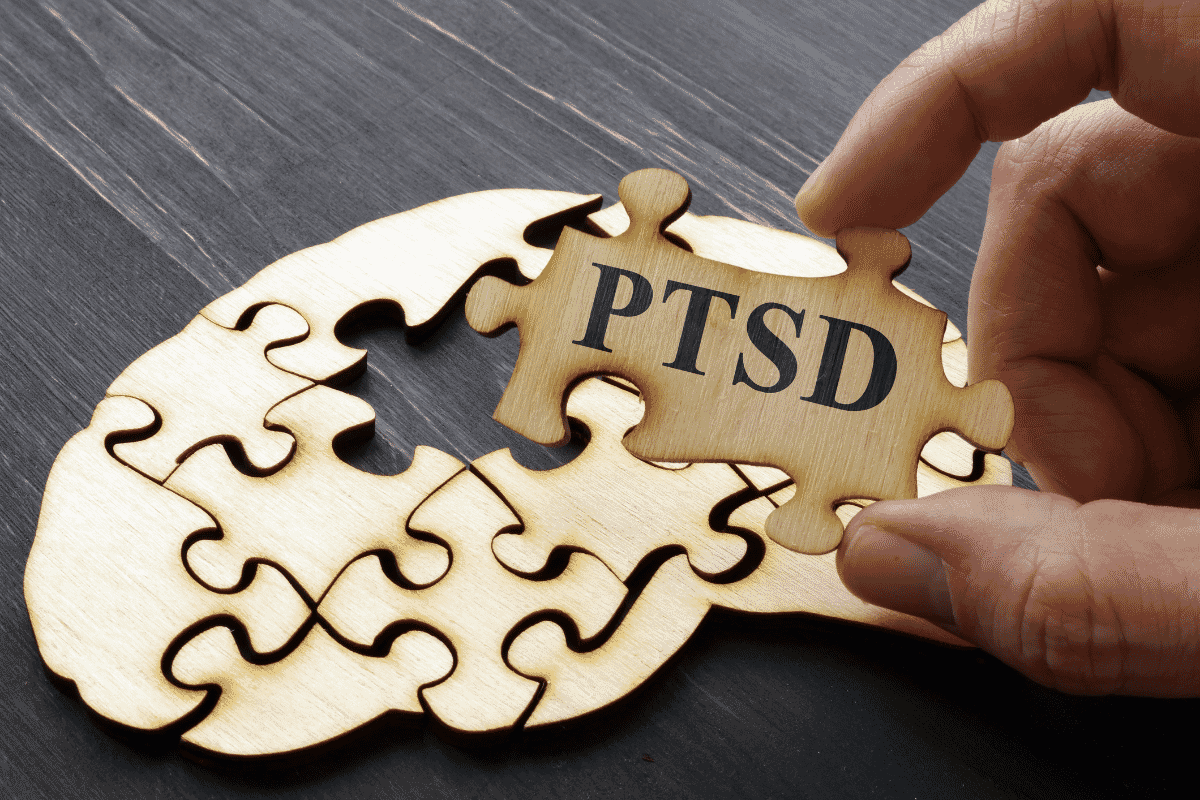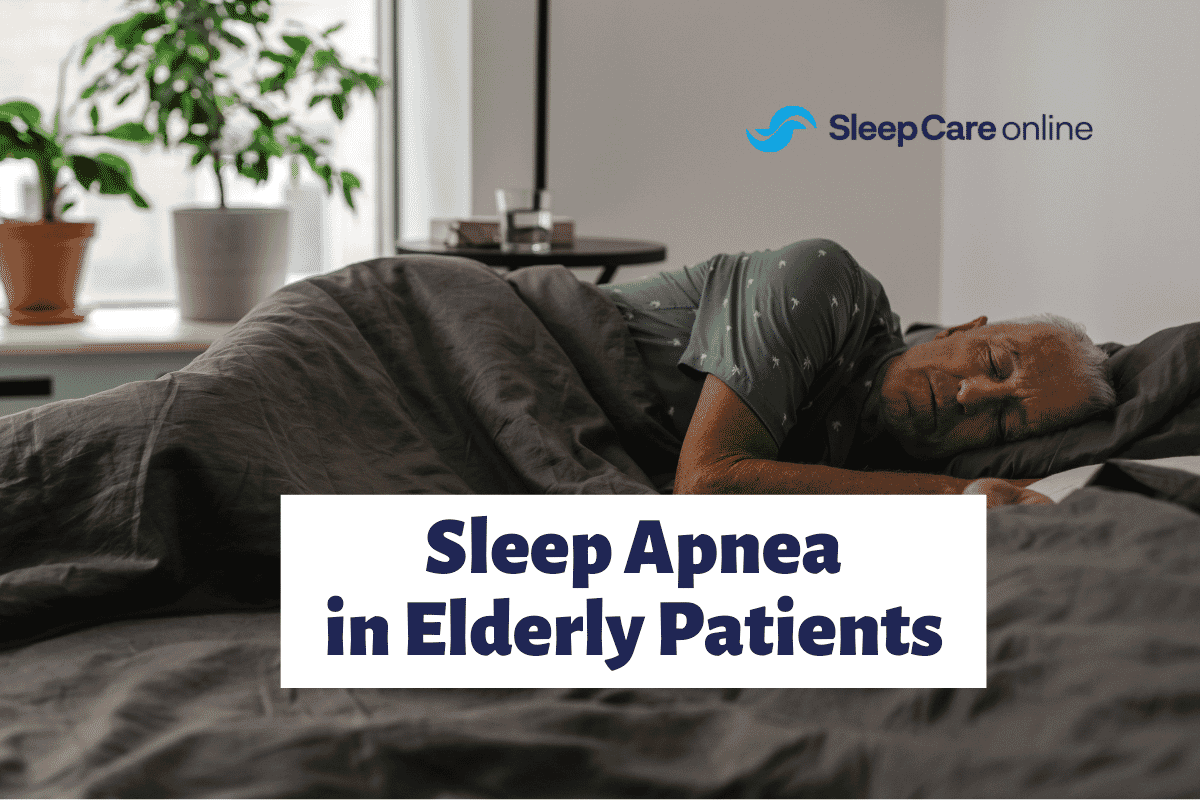Drinking alcohol can contribute to sleep apnea because of the effects it has on a person’s sleep. Alcohol is a relaxant that can worsen sleep apnea because it hinders the nervous system and the brain’s response to breathing problems while asleep.
Does Alcohol Affect Sleep Apnea?
Alcohol consumption is a popular part of social interaction. According to the National Institute on Alcohol Abuse and Alcoholism, approximately 2.3 gallons of alcohol per person are consumed annually in the United States. That’s roughly nine drinks per week per person.1 We do know there is a correlation between alcohol consumption and sleep apnea; research indicates that alcohol may increase the risk of sleep apnea by 25%.2 So, while alcohol is commonly used as a sleep aid, it may actually be causing more problems than you realize.
How Does Alcohol Affect Sleep?
Moderate consumption of alcohol up to an hour before bedtime can reduce melatonin by nearly 20%.3 Melatonin is one of the body’s key sleep regulators. Reduced levels can cause restlessness, which leads to next-day fatigue. Alcohol relaxes your muscles while you sleep and can reduce what is called an arousal response time. This is the body’s natural impulse to wake up when you can’t breathe. With this arousal response diminished, an apnea event is prolonged. This reduces oxygen flow to the lungs, leaving you unrested in the morning.
Relationship Between Snoring and Alcohol
Drinking alcohol late at night and close to bedtime increases the chance that a person will snore when they fall asleep. That’s because alcohol relaxes the muscles in the mouth and throat, resulting in the person making noise (snoring) as they inhale and exhale. Additionally, if you are a person who typically snores, drinking alcohol will make your snoring more severe and prominent.
Can Heavy Drinking Cause Sleep Apnea?
Heavy drinking can increase the risk of prolonged apnea events in people with obstructive sleep apnea (OSA). Because of the sedative effects of alcohol, it may even trigger apnea events in people without OSA.
Can Alcohol Affect Your Breathing?
Alcohol affects breathing whether you are asleep or not. Adults who drink excessively were found to have less nitric oxide in their exhaled breath than adults who don’t drink. Alcohol essentially disrupts the healthy balance of the lungs.4
Does Alcohol Cause Insomnia?
Yes, alcohol can cause insomnia. Alcohol can disrupt your brain rhythms and make it difficult to get deep sleep. This will make you feel tired in the morning, often having mood swings and trouble concentrating throughout the day. Alcohol can also cause you to wake up after a few hours of sleep and have trouble falling back asleep. It can also negatively impact Rapid Eye Movement (REM) sleep, the deepest and most restorative sleep.
Does Alcohol Make Sleep Apnea Worse?
Because alcohol relaxes the muscles in a person’s mouth and throat, a person who has sleep apnea may have more and longer-lasting breathing disruptions, also known as apnea events. Alcohol increases a person’s apnea-hypopnea index (AHI), which determines the number of apneas you experience per hour while you sleep.
Alcohol can also make sleep apnea worse because of the following reasons:
- Muscle Relaxation: As mentioned, alcohol relaxes the muscles in the throat and mouth. This loss of muscle tone increases the chance of loose tissues blocking the airway, making it harder to breathe at night.
- Higher Arousal Threshold: When a person repeatedly starts and stops breathing as they are asleep, they are partially awake to restore breathing. Alcohol raises the arousal threshold, making it more difficult to wake up and regulate breathing.
- Quantity Consumed: The more alcohol a person drinks, the more it affects a person’s overall body health and sleep quality and quantity.
- Age: Older people are more affected by alcohol, so drinking before bed will further worsen their sleep apnea.
Does Alcohol Cause Sleep Apnea?
Even if you don’t have a diagnosis, there is a connection between alcohol and sleep apnea. You could be more likely to develop OSA if you have an alcohol use problem, particularly if you already snore.
Obstructive sleep apnea can be caused by mild to heavy drinking, according to studies, which were conducted on individuals who did not know they had the disorder.
Many insomniacs drink alcohol before going to bed to make them fall asleep. Alcohol’s sedating properties will shorten the time it takes to fall asleep after an initial calming impact.
However, the consequences of alcohol do not stop there. Alcohol ingested within an hour of bedtime has been shown to disturb sleep in the second half of the sleep cycle, leading the person to sleep fitfully, waking up from dreaming, and finding it difficult to fall back asleep.
Since alcohol impairs the body’s capacity to breathe while asleep, it increases the chance of sleep apnea.
After a busy week at the workplace, alcohol not only relaxes you but also relaxes the muscles in your stomach and throat, making it more possible for the upper airway to weaken, inducing snoring or obstructive sleep apnea.
The drink before bedtime becomes less successful over time. Alcohol’s sleep-inducing effects diminish with continuing intake, while its sleep-disturbing effects increase.
When Should You Stop Drinking Alcohol Before Sleep?
There are a lot of factors, such as weight and gender, that affect your body’s ability to absorb alcohol. According to research, if you must have a drink, the best time of day is about two to three hours before bedtime.3
Does Alcohol Make You Tired the Next Day?
The cumulative effect of alcohol on sleep — reducing naturally produced melatonin, decreasing your arousal response time, and otherwise disrupting your natural sleep cycle — can translate into next-day fatigue. You may feel like you slept through the night, but your chronic daytime drowsiness may indicate otherwise.
Why do Alcoholics Wake up in the Middle of the Night?
Heavy alcohol use over time disrupts your natural sleeping patterns including REM sleep. Heavy drinkers often experience periods of sleeplessness throughout the night regardless of how much they drank. In fact, people who are diagnosed with sleep disorders are 5-10 times more likely to be diagnosed with substance use disorders than individuals without sleep disorders.5
Why Do You Need a Good Night’s Sleep?
There are several important reasons you need a good night’s sleep, including:
- While asleep, your body is working to support healthy brain function.
- Sleep helps maintain your physical and mental health, including weight, anxiety, performance, diabetes, blood pressure, and more.
- While asleep, your body releases hormones during sleep that help repair cells and control the body’s use of energy.
Tips for People with Sleep Apnea
Understand Your Condition. Sleep apnea is a common condition that occurs when your breathing repeatedly stops and starts while you sleep, preventing your body from getting enough oxygen. Common symptoms include snoring, waking up gasping for air, morning headaches, and more.
Maintain a Healthy Lifestyle. This will be very beneficial to managing sleep apnea. Some healthy lifestyle choices include eating a balanced diet, exercising often, quitting smoking, and avoiding alcohol.



Elevate Your Head. CPAP pillows are designed to accommodate a CPAP mask and tubing. Using a CPAP pillow may help alleviate or improve symptoms of sleep apnea, including snoring. Try using one to elevate your head.


Getting Diagnosed for Sleep Apnea
If alcohol is a part of your lifestyle, then it may be impacting an undiagnosed sleep disorder like sleep apnea. The only way to know for sure is to get diagnosed.
A home sleep apnea test is the best way to confirm if you have a sleep disorder. Sleep Care Online offers a simple, affordable, and convenient option to walk you through diagnosis and treatment. Here’s how it works:
- With the Complete Care Package, schedule a 10-minute telehealth visit with a healthcare provider to discuss your symptoms, upcoming sleep study, test results, and treatment options.
- A disposable home sleep apnea test is mailed to your home to be completed at your convenience.
- A physician analyzes the sleep data and provides a prescription if needed.
- Schedule an optional follow-up appointment (additional fee applies).
- We connect you to sleep experts who can offer customized sleep therapy options, assistance in equipment purchase, and initial set-up.
Ready to get started? Our customer care team is here to answer any questions you may have. Give us a call at 866-465-4478 or email us at contact@sleepcareonline.com today.
References
- National Institute on Alcohol Abuse and Alcoholism. Alcohol Facts and Statistics. 2020 Feb.
- Simou, Evangelia, John Britton, and Jo Leonardi-Bee. Alcohol and the Risk of Sleep Apnea: A Systematic Review and Meta-Analysis Published in the medical journal Sleep Medicine in 2018. Accessed on November 2019.
- Michael J Breus Ph.D. Alcohol and Sleep: What You Need to Know. Published in Psychology Today in 2018. Accessed on November 2019.
- Loyola University Health System. Excessive alcohol consumption impacts breathing. Published in Science Daily in August 2016. Accessed on November 2019.
- American Addiction Centers. Alcoholism and Insomnia. Published June 2019. Accessed November 2019.




